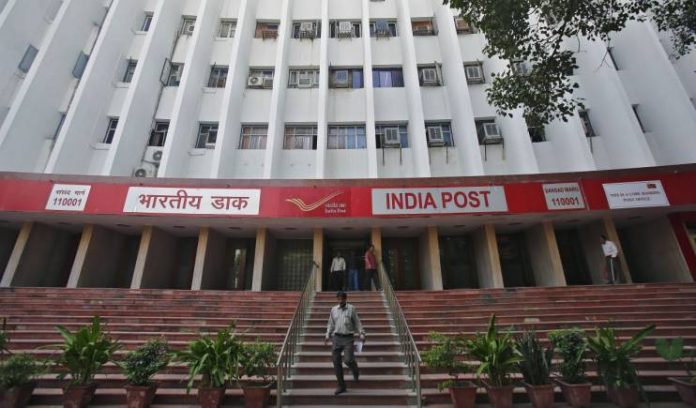It is December and if you are procrastinating investment in a tax saving bank fixed deposit because of low interest on offer, here is an alternative in the form of good old National Saving Certificate (NSC). The interest rate payable on NSC have moved up to 8% for the third quarter of FY18-19 from 7.6%. The hike in rate of interest offered on bank fixed deposits have been negligible in the recent past. That leaves NSC in a sweet spot.
Let’s understand with an example. State Bank of India offers 6.8% for a 5-year fixed deposit, whereas ICICI Bank offers 7.25% for a 5-year fixed deposit. If an individual invests Rs 1 lakh in NSC, then at the end of the five year term, he will take home Rs 1.46 lakh. Meanwhile, investments in SBI and ICICI Bank tax-saving fixed deposits would accumulate to Rs 1.4 lakh and Rs 1.43 lakh, respectively.
“If you are a low risk-low income tax slab individual looking for a tax saving investment option with a five year term, then NSC makes sense given the attractive rate it offers,” says Vikram Dalal, founder and managing director of Synergee Capital Services.
While the rate of interest payable on NSC is compounded annually, the rate of interest payable on bank fixed deposit is compounded quarterly. Government of India, the issuer of NSC through India Post, reviews the rate of interest payable each quarter. The revisions are applicable for only new investments. Existing investments earn interest at the rate fixed at the time of investment.
There are investors who want to invest in PPF for tax saving as the interest earned is tax free. But there is a catch. “PPF comes with a 15 year tenure and the rate of interest payable on your PPF balance changes every quarter, but the rate of interest contracted on NSC at the time of investment remains the same for entire term,” says Balwant Jain, a tax and investment expert based in Mumbai. NSC gives an attractive option to lock in interest rates, especially for individuals in lower tax brackets.
While one looks at returns, the risk cannot be ignored. NSC being an investment avenue offered by the government, carries no credit risk. Fixed deposits offered by banks are generally safe but your deposits are insured only up to an amount of Rs 1 lakh under the Deposit Insurance and Credit Guarantee Corporation.
Investment up to Rs 1.5 lakh in NSC in a financial year are eligible for deduction under section 80C of Income Tax Act. But even if you wish to invest in an NSC, you need not invest the entire corpus of Rs 1.5 lakh.
Allocate your money in other options, depending on how much returns you wish to earn and the commensurate risks you are willing to take. Remember, the interest that you earn on NSC (you don’t actually get it every year; you get it at the maturity) is clubbed to your income every year and taxed at the marginal rate of tax. That makes it unattractive for investors in higher income tax bracket. But investors in 10% and 20% tax slabs may still find it attractive.
How does NSC compare to a debt fund of a mutual fund? While returns from NSC are fixed, returns from mutual funds (debt as well as equity) vary as per markets.
“For investors in the highest tax bracket (30%), short-term debt funds still make sense because you get the long-term capital gains tax benefit if you hold them for more than three years, NSC makes sense for lower tax brackets, like senior citizens. Remember, your money will be locked in the NSC for five years and you won’t get any regular returns, while debt funds can give you liquidity,” says Vishal Dhawan, founder and chief executive officer of Mumbai-based Plan Ahead Wealth Advisors.
Though debt funds may look attractive for those who are looking for liquidity, do not forget that the debt funds do not fetch you income tax deduction under section 80C of the Income Tax Act.
NSC like any other tax saving investment option comes with a lock in. But you can pledge your NSC with banks and NBFC to raise short term finances at rate of interest much lower than personal loan. Tax saving bank fixed deposits cannot be encashed before maturity.
One big drawback with NSC or with any other postal saving scheme is the abysmal service standards at many post offices. A better way to get decent service is to go through a postal agent you know and trust. If there is no agent to handhold you, then you might have to do the leg work at the time of maturity. Remember to save your NSC certificates, you’ll need to preserve them till maturity.


